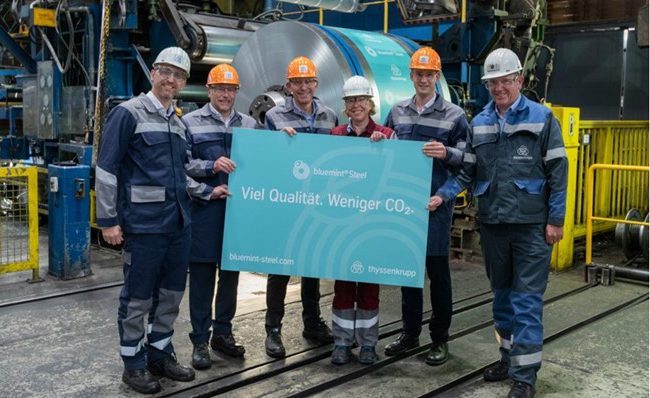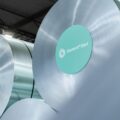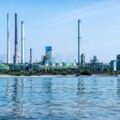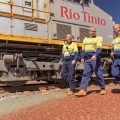The companies Mubea and Thyssenkrupp Steel signed an agreement for Mubea to supply low-CO2 steel.
Last September, the Executive Board of ThyssenKrupp AG cleared the way for the construction of Germany’s largest direct reduction plant for low CO.2 steel. Now, ThyssenKrupp Steel Europe AG and global automotive supplier Mubea signed the first official memorandum of understanding for the supply of CO2-reduced steel.
By 2026, ThyssenKrupp Steel will supply the world market leader in the production of innovative and efficient lightweight components with climate-friendly bluemint steel. By 2030, purchased volumes are planned to increase step by step. ThyssenKrupp already offers its customers CO®2-reduced and certified steels on the basis of its tkH2Steel transformation concept. To this end, various opportunities for CO®2 reduction are being exploited within the existing technological framework. Therefore, Mubea already relies on recycled blue mint even before the direct reduction plant starts operation. For this CO®2-reduced flat steel, a high-quality recycled steel product is used in the blast furnace. This new technological approach reduces the use of coal in the blast furnace. For the input volume of the recycled steel product, absolute CO®2 emissions are reduced by 64 percent compared to the conventional blast furnace process.
The memorandum of understanding between ThyssenKrupp Steel and Mubea thus reinforces the long-standing partnership between the two companies, and now lays the groundwork for long-term supply relationships involving CO2-reduced steel as well. With their commitment to climate-friendly steel production, ThyssenKrupp Steel and Mubea are pursuing the same goal: the transformation towards sustainability and climate protection.
The memorandum of understanding signed with ThyssenKrupp Steel is a cornerstone of Mubea’s ambitious climate strategy. At the heart of the program is reducing emissions through a low-CO2 process. The company has until 2035 to achieve this target and until approximately 2025 to reduce emissions by 25 percent. However, as most of the emissions occur during the upstream chain, the company is negotiating the gaps to reduce them within the plan. It was clear that major transformations were going to happen in the next 10 years, to achieve the climate targets in the industry, it is crucial to consider the emissions of the entire supply chain. CO2-reduced steel from thyssenkrupp Steel will make an important contribution to this in the future.










